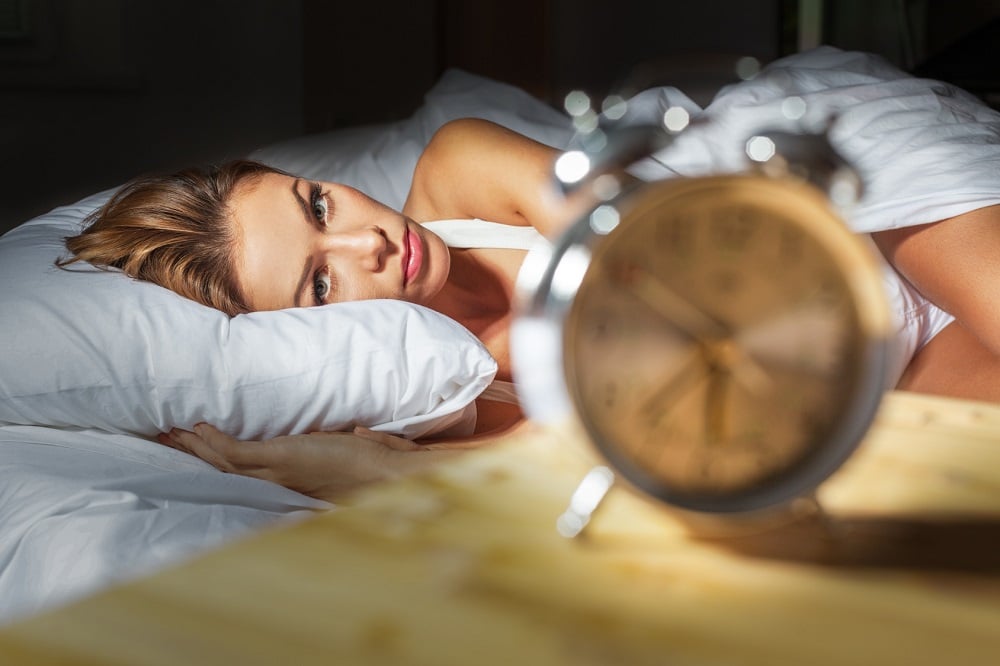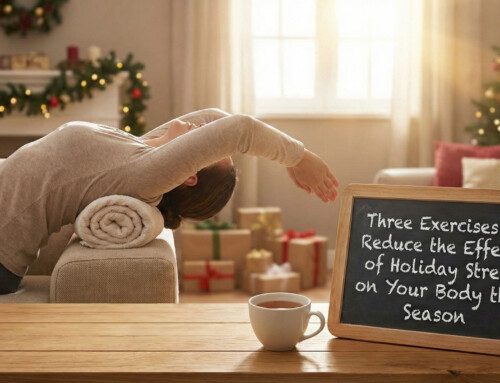At my previous job in a military hospital, I was surrounded by health message boards and Armed Forces Network commercials. One common theme was the "Performance Triad," with the words activity, nutrition and sleep displayed on each corner of a triangle.
It was designed to educate the Soldiers of the United States Military about the key components of a healthy lifestyle.
Sure, I've heard a lot about the health benefits of eating well and getting regular physical activity. The message from health experts over and over is "diet and exercise." But sleep? It piqued my interest that the military gave sleep just as much importance as exercise and nutrition. Out of curiosity, I did some research and learned about all the ways sleep – or lack of – impacts our day-to-day lives.
Why Getting Better Sleep is Important
It's easy to see why sleep is emphasized as a critical component of a healthy lifestyle, considering how it affects our physical health.
The American Academy of Sleep Medicine and Sleep Research Society released a joint consensus statement in 2015 based on the available scientific knowledge and research:
"Sleeping less than 7 hours per night on a regular basis is associated with adverse health outcomes, including weight gain and obesity, diabetes, hypertension, heart disease and stroke, depression, and increased risk of death."
Sleep experts also outlined ways sleep deprivation can have negative impacts on otherwise healthy adults:
"Sleeping less than 7 hours per night is also associated with impaired immune function, increased pain, impaired performance, increased errors, and greater risk of accidents."
It's clear that sleep not only impacts our bodily systems but also influences our daily activities.
In a previous blog, Allison highlighted how sleep can influence pain. Having good sleep hygiene can also help athletes improve their performance. Another recent study noted:
"Poor duration, quality, and timing of sleep can lead to poor performance, slower recovery and higher risk of injury in athletes."
The good news is, there are many ways to promote healthy sleep hygiene. Here are just a few ideas of ways to give yourself the rest you need.
Daytime Tips for Better Sleep
1. Make Time for Fitness
Regular physical activity can improve both sleep quality and duration. And you don't need to dedicate hours a day to achieve this. While researchers haven't recommended a magic exercise formula to help sleep, some suggest "as little as 10 minutes of aerobic exercise, such as walking or cycling, can dramatically improve the quality of your nighttime sleep, especially when done on a regular basis."
2. Hold the Caffeine
Many of us reach for a mid-afternoon coffee or bite of chocolate to help power us through the rest of our day. But sleep experts recommend avoiding eating or drinking caffeine 4-6 hours before bedtime. If you find yourself in need of a quick pick-me-up, try a few minutes of high-intensity exercise, like running up a few flights of stairs or jumping jacks, to increase oxygen to your brain.
3. Establish a Routine
When it comes to telling our body it's time for rest, we often give our brains a different message. Checking email, watching another episode on Netflix or having one more beer after that big burger all stimulants to your brain and signal it to keep going. Instead, try to send the message that it's time to wind down by establishing a routine that promotes sleep – go to bed around the same time and avoid bright lights, loud noises and heavy food and alcohol right before bed.
Nighttime Tips for Better Sleep
1. Progressive Relaxation
If you find restless muscles keeping you from drifting off to sleep, a technique called progressive relaxation may help calm the body and prepare it for rest. This exercise decreases tension and stress that has accumulated throughout your day. To perform, simply lie in a comfortable position and begin by tensing the muscles of your feet for a few seconds then relax them. Next, tense the muscles in your calves and relax. Continue contracting and relaxing each muscle group as you work your way up the body.
2. Breathing
Ever feel better after letting out a big sigh of relief? That's because deep and controlled breathing stimulates the body's parasympathetic (resting) system instead of the sympathetic (flight or fight) system. My personal favorite breathing exercise is the "4-7-8." To perform this breathing exercise introduced by Dr. Andrew Weil, breathe in for a count of 4, hold for a count of 7 and breathe out to a count of 8 seconds. The idea is that by holding your breath, you are helping oxygenate your muscles and counting takes your focus off the never-ending to-do list. Breathing out longer than breathing in also helps relax your nervous system. Try just one or two minutes of focused breathing to help ease your body into a relaxed and calm state.
3. Keep It Neutral
Sometimes, we toss and turn trying to find a comfortable position only to wake the next morning with a stiff neck or back. If this is the case for you, check your pillow. A pillow that is too high or too low can put a strain on the neck; instead, find one that helps you maintain a neutral spine, where your head is in line with your body. If you suffer discomfort in your low back, lying on your side with a pillow between your knees helps maintain a neutral spine.
Conclusion
It's clear now that nutrition, exercise and sleep are all equally important to maintain a healthy active lifestyle. Moving forward, take a look at your daily activities and nighttime routine. How can you incorporate some of the tips above to improve your sleep? What are some of the things you can change or eliminate to help you get a full night's rest? Let us know in the comments section!
If you or someone you know is suffering from lack of sleep due to pain or injury, contact SetPT with any additional questions or to request a Pain Relief Assessment with the goal of getting you back to living life your way!





